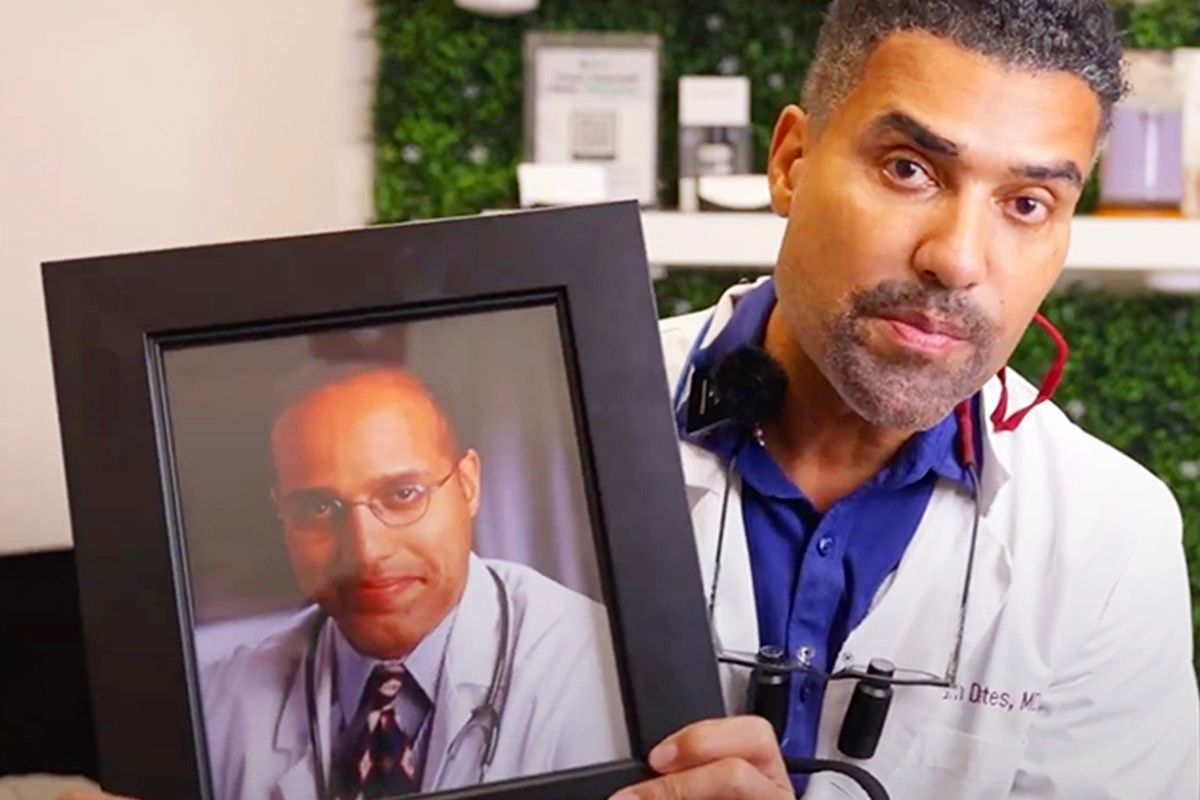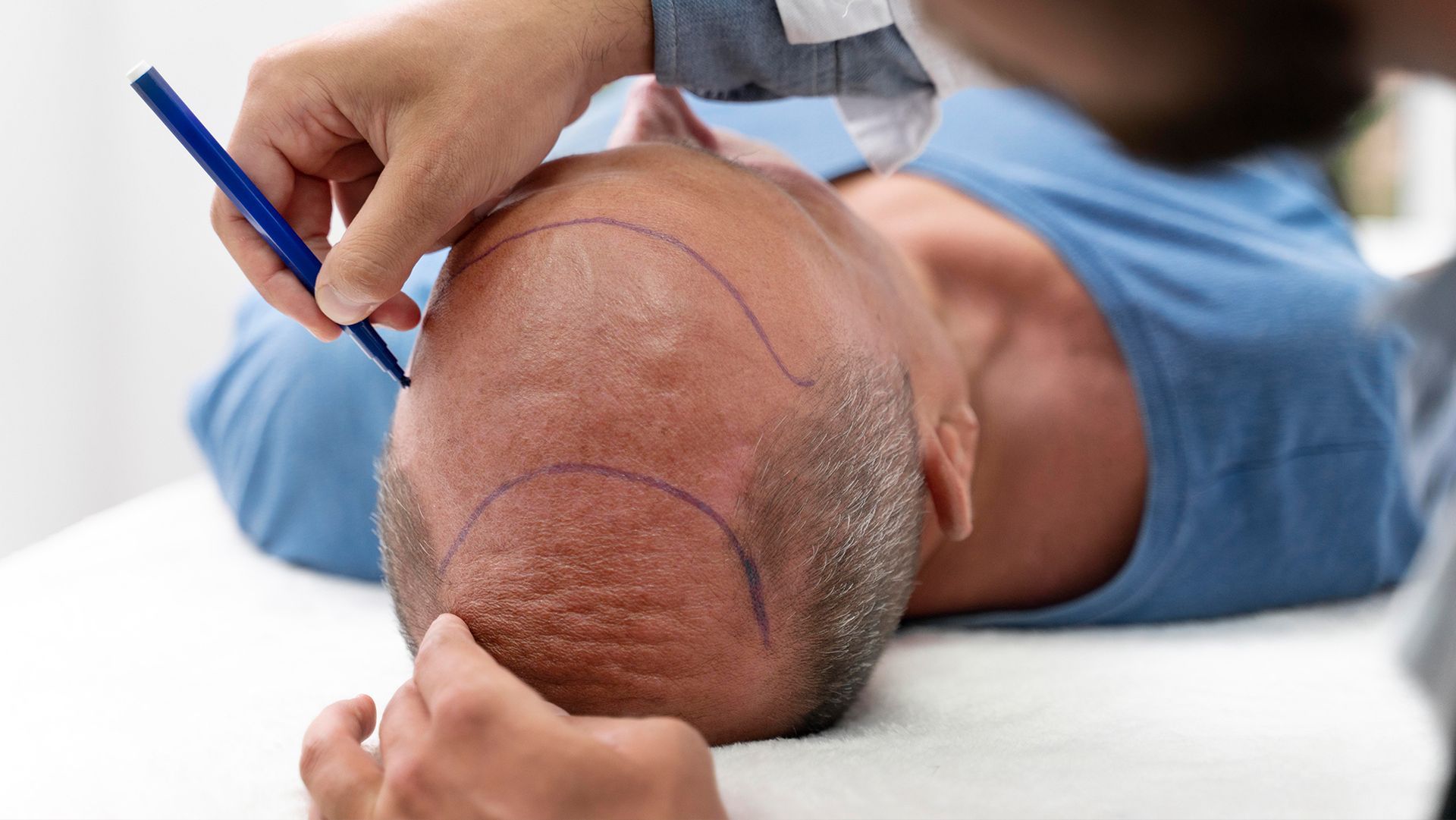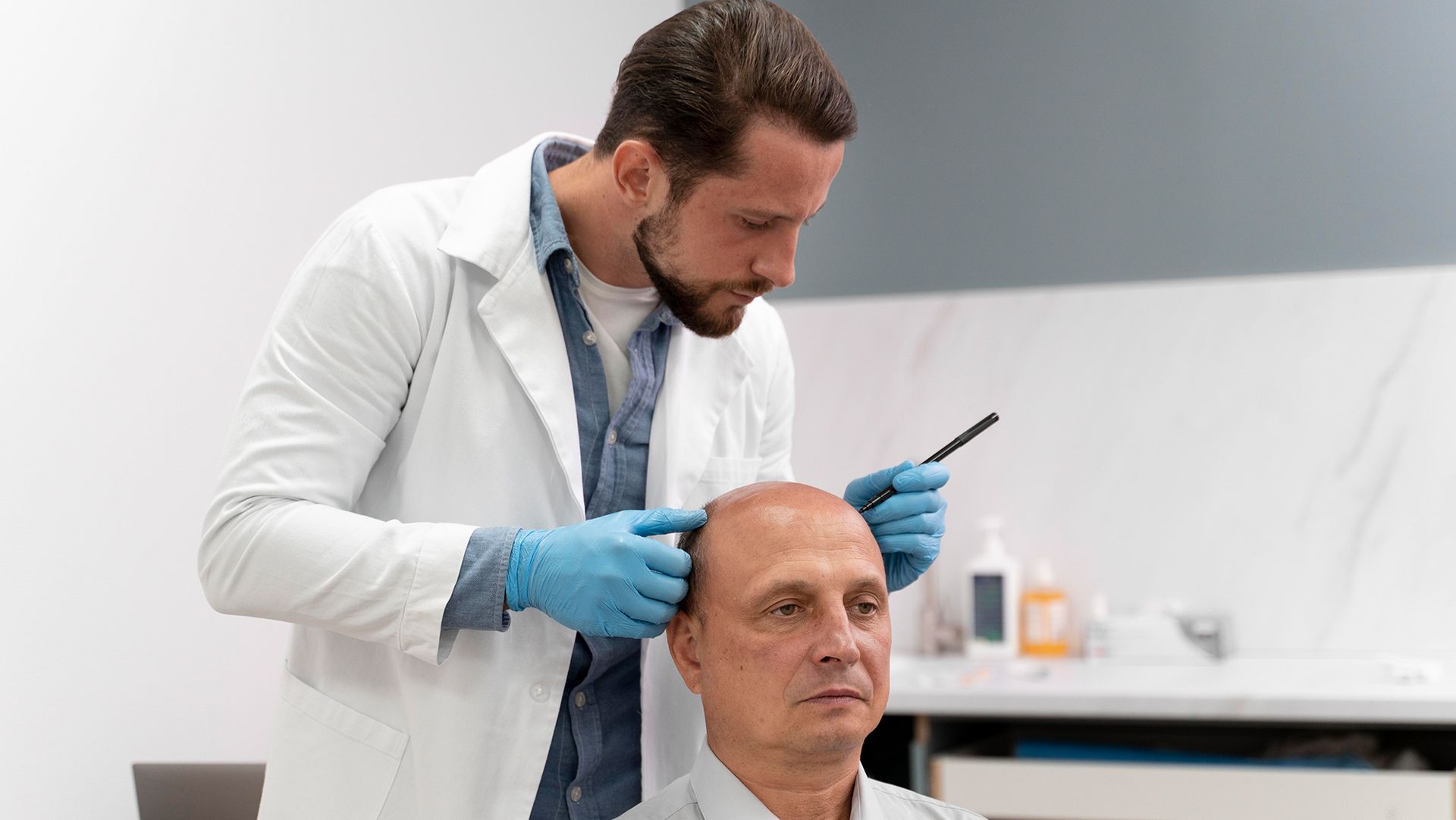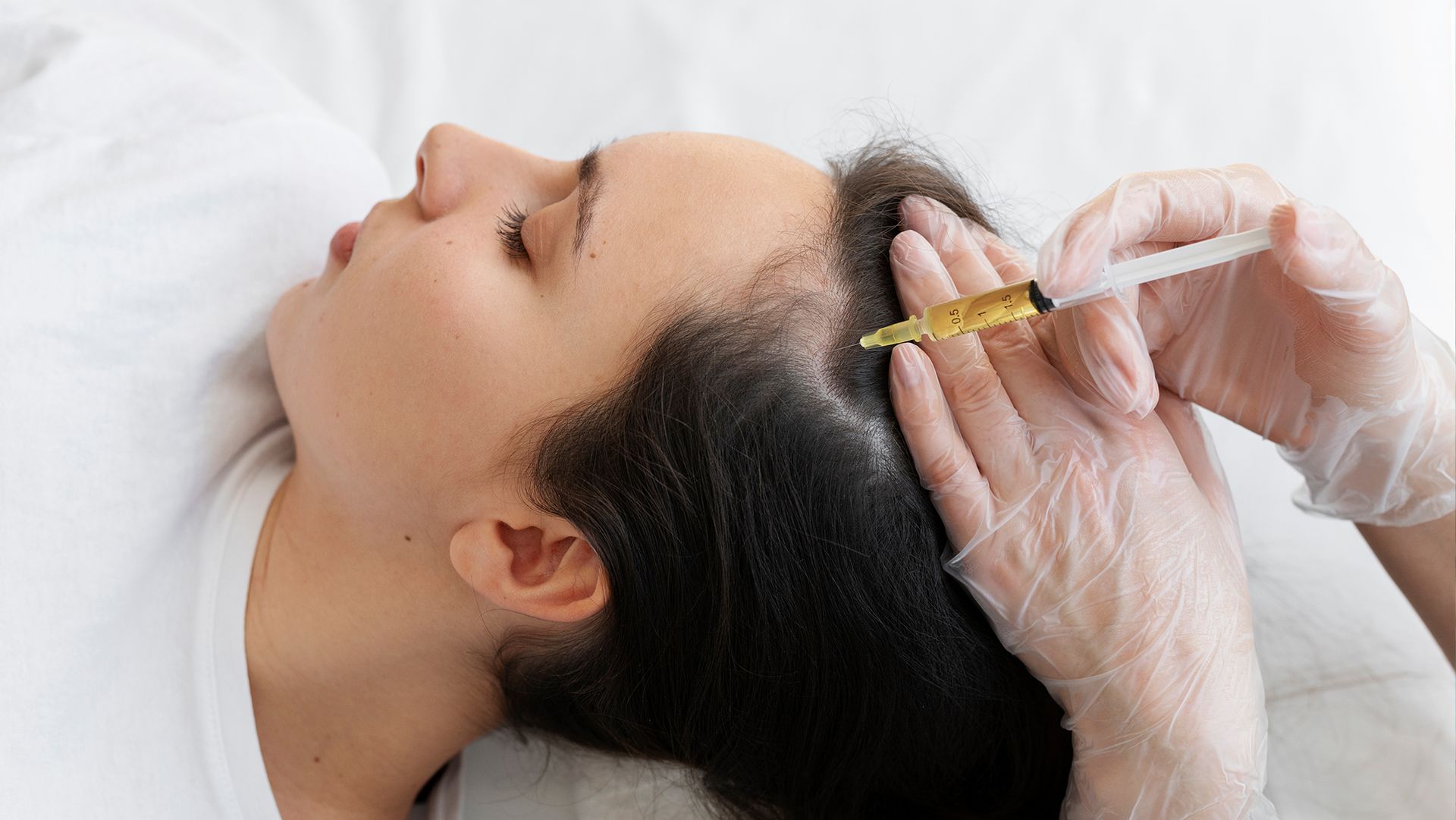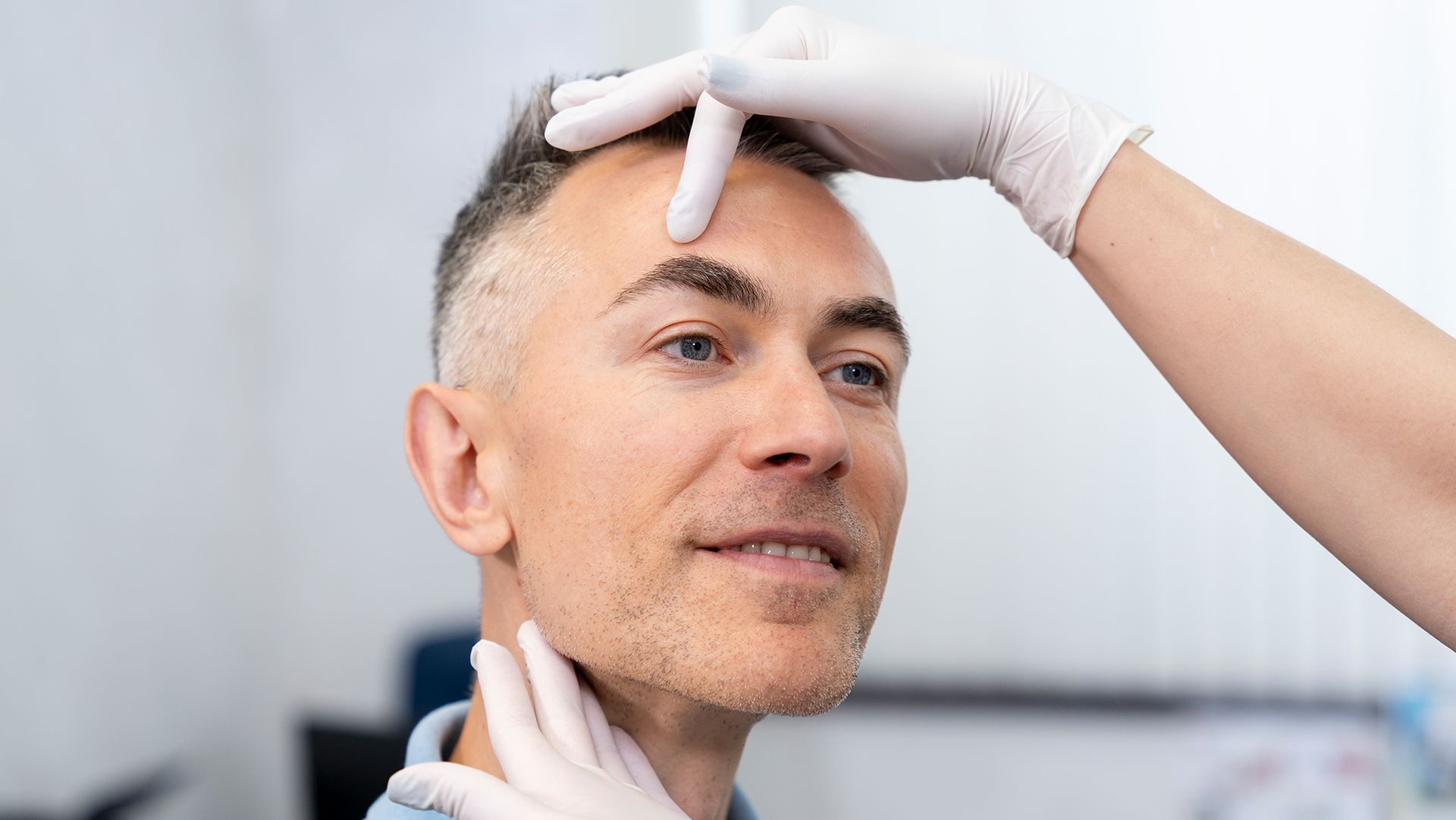Your Guide to Good Sleep After Hair Transplant Surgery
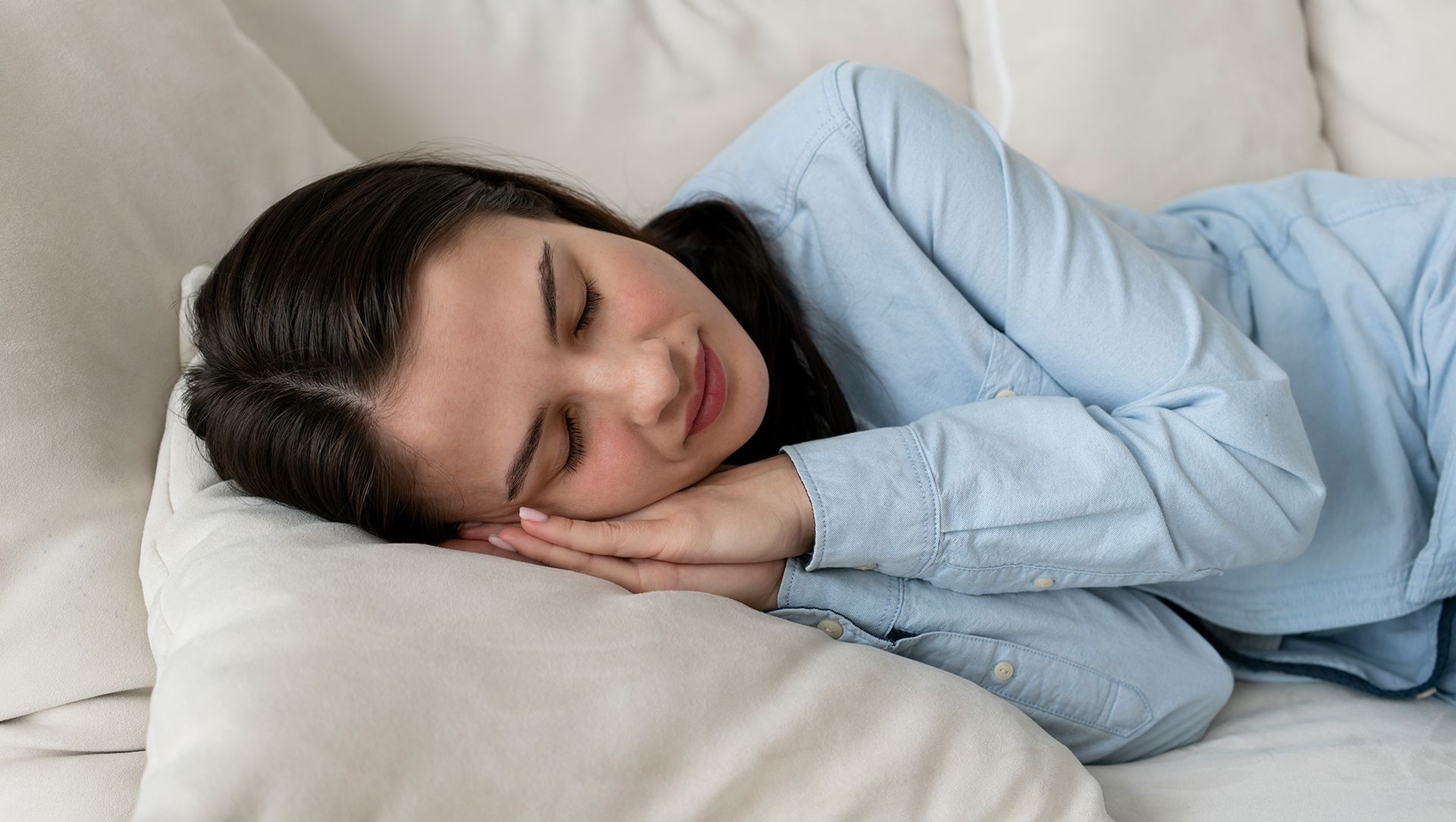
There are a few things to consider after getting a hair transplant, from aftercare to progress. But right after, you might wonder, how do you sleep?
During recovery, it’s crucial to make sure you don’t apply pressure to the surgical sites. It’s also best to avoid touching or picking on it overall.
Getting proper sleep is a critical part of staying healthy. So, what should you do to make sure you fulfill this? Here are a few things to consider for good sleep after hair transplant surgeries.
How Long Does Hair Transplant Recovery Take?
Usually, the length of time it takes to recover from a hair transplant depends on the type of treatment you choose. In most cases, you can expect to be extra careful with how you handle your scalp and hair for at least a week.
When it comes to fully recovering from the surgery, it takes a few more weeks. Keep in mind that this can increase if you need follow-up treatments.
Most people who get hair transplants notice the implanted hair falling out after a couple of weeks post-surgery. This is usually the sign of healing and new hair growth, requiring around six to twelve weeks to see noticeable changes.
How Should You Sleep?
Hair transplant recovery doesn’t happen overnight, so it’s crucial to get used to living with it for a while. If so, how exactly should you sleep?
Most recommend giving it about two weeks before you start sleeping normally. In the meantime, you want to start by sleeping on your back for the first few days. Either way, you should avoid applying too much pressure on the surgical sites until they completely heal.
Lie on your back with your head elevated to reduce potential swelling. Doing so also keeps you from constantly turning at night, preventing possible damage to your grafts. Some people also recommend using a travel pillow around your neck for extra security.
If you’re originally a side sleeper, you might have to take extra measures to make sure you remain on your back. Otherwise, you could unintentionally put pressure on the surgical sites, affecting the recovery process.
Keep in mind that the purpose of sleeping without damaging your grafts is to give them time to secure themselves to your scalp. At the same time, it prevents further complications, such as inflammation or bleeding.
Be sure you consider this factor when you decide whether to get a
surgical or non-surgical hair transplant procedure.
Tips to Maintain Comfort During Sleep
Aside from your sleeping position, you can ensure you stay comfortable during sleep after hair transplant surgeries. The following tips are a few to consider:
Use the Right Pillows and Cases
The right pillows and cases are a game-changer with the comfort you feel once you get back from surgery. Moreover, it’s one of the primary factors that affect how protected your grafts will be.
A regular and travel pillow combination is a great way to ensure the surgical sites don’t end up touching or grazing anything else. You can also switch to silk pillowcases to reduce the risk of friction to your hair follicles.
Keep Your Space Clean
A clean space can do more than help you feel fresh in the morning. When you’re recovering from surgery, it helps you prevent yourself from potential infections.
Clean sheets and pillowcases can also
promote better sleep because of the scent they exude, allowing you to feel more relaxed and comfortable. With this, you can also set a fixed sleep schedule, allowing you to regularly monitor your grafts.
Ease Discomfort
One thing about post-hair transplant procedures is managing the discomfort you might experience. It can include anything from general pain to sudden inflammation and more.
Note that most of these side effects are normal and temporary. So, it will likely fade in a couple of days. But if anything persists or worsens, you should contact your doctor immediately.
A few quick tips to help relieve yourself are as follows:
- Keep your head raised while you sleep to control swelling and inflammation.
- Avoid sleeping on your stomach or side to reduce pressure on the scalp.
- Take painkillers to reduce pain.
- Apply ice packs on your forehead, not the surgical sites.
Follow Proper Hair Care
It helps to follow proper hair care to aid recovery and ensure your scalp remains healthy while you’re dealing with different restrictions.
Proper hydration is also crucial to nourish your hair follicles and potentially encourage quicker growth. Moreover, it can reduce swelling in your scalp, allowing you to feel less discomfort later.
Normally, you shouldn’t wet your scalp for a few days after the surgery. Once those have passed, be sure you wash your hair gently. You should avoid scrubbing and using a strong water stream when you do so.
On the other hand, a proper diet is also important in hair care to ensure the follicles get the vitamins and minerals they need to thrive. This also contributes to the strength of your soon-to-be new hair!
Avoid Harmful Habits
It’s vital to avoid harmful habits during your recovery, especially when it seems like it will take a while. It includes anything that could disrupt your sleep quality, such as alcohol consumption or caffeine intake.
Most doctors also recommend avoiding strenuous physical activities for a while since this can heighten the chances of swelling and bleeding. It’s important to follow the advised period of time before continuing such tasks for a steady recovery.
Find Out How to Get a Good Night’s Sleep After Hair Transplant
You might wonder how it would even be possible to get proper sleep after hair transplant surgeries. While it has its limitations, the key is to focus on comfort and proper hair and scalp care.
Doing so helps you ensure you don’t accidentally damage your hair or cause complications with the surgical sites. At the same time, you can ease yourself of pain while strengthening your hair follicles!
